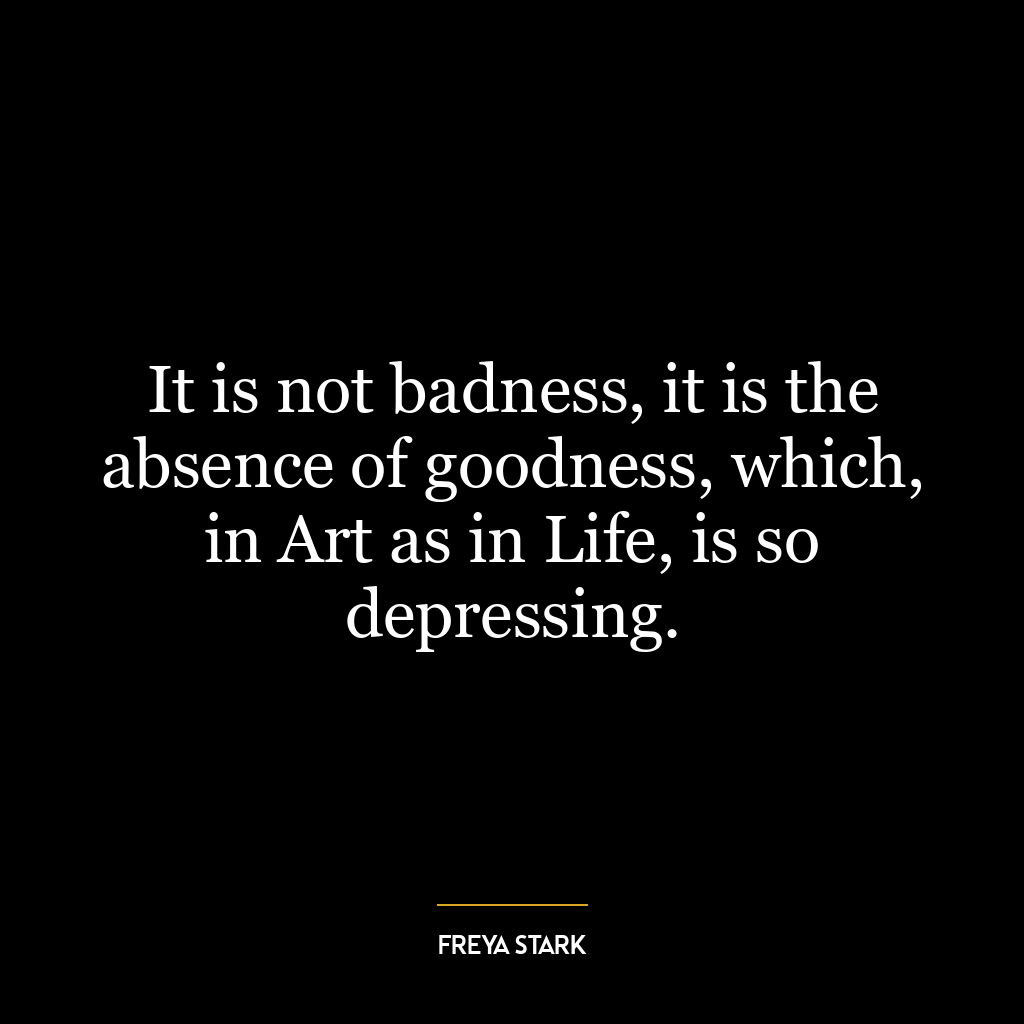Don’t do unto others what you don’t want others to do unto you.
“Don’t do unto others what you don’t want others to do unto you” is an age-old principle that encourages empathy and mutual respect. It’s a call to consider others’ feelings and experiences as equally important as our own. This principle implies that we should treat others how we wish to be treated, and not act in a manner that we would find objectionable if the roles were reversed.
At its core, this quote is about empathy, the ability to understand and share the feelings of another. It encourages us to put ourselves in others’ shoes before we act. It’s a reminder to think about how our actions might affect others and to choose actions that are kind, respectful, and considerate.
This idea is timeless and universal, applicable to virtually every aspect of human interaction. In today’s world, it’s especially relevant in the context of social and cultural diversity. As our societies become more diverse and interconnected, understanding and respecting others’ perspectives, experiences, and feelings becomes increasingly important.
In the context of personal development, this principle encourages self-awareness and emotional intelligence. It helps us to become more considerate, compassionate, and respectful individuals. It can guide our interactions and relationships, helping us to build stronger, more positive connections with others.
In business, this principle can guide ethical decision-making and corporate social responsibility. Companies that treat their employees, customers, and communities in a manner they would want to be treated are more likely to build trust, goodwill, and loyalty.
In politics, this principle can guide policies and decisions that are fair, just, and considerate of all members of society. It’s a call for leaders to consider the impacts of their decisions on all people, not just those who are similar to them or who support them.
In conclusion, “Don’t do unto others what you don’t want others to do unto you” is a powerful principle that encourages empathy, respect, and fairness. It’s a call to treat others as we wish to be treated, a guide for personal behavior, and a standard for social, business, and political interactions.








